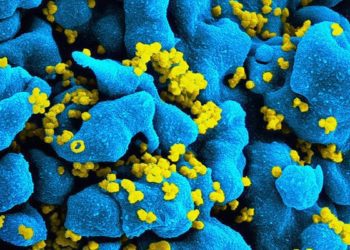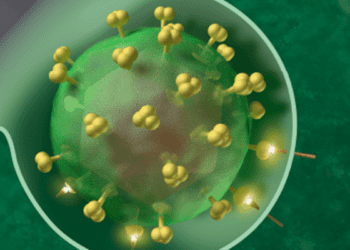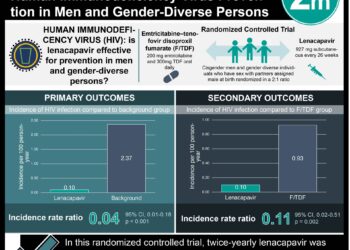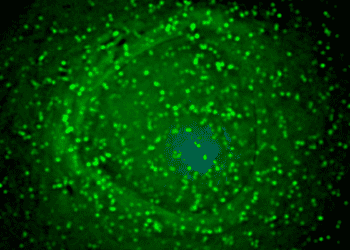Menopause linked to decreased anti-HIV activity
1. Postmenopausal women’s cervicovaginal fluid had lower anti-HIV-1 activity than premenopausal women.
2. Timing of menstrual cycle and hormonal contraception were not associated with differences in activity against HSV or HIV.
Evidence Rating Level: 3 (Average)
Study Rundown: Among older individuals, lack of safe sex education, delayed or absent screening by healthcare providers, declining immune systems, and improved treatment of chronic conditions including HIV have contributed to an increase in sexually transmitted infection prevalence. In women, cervicovaginal fluid provides first-line defense against pathogens. However, after menopause, the immune function of the lower genital tract declines. Specifically, the vaginal epithelium becomes thinner, while mucus production and antimicrobial activity decrease. Prior studies have shown changes in immune factors among women using different hormonal contraceptive methods and postmenopausal women. In the current study, the authors sought to evaluate the effect of endogenous and exogenous hormones on antiviral activity of vaginal fluid and found that anti-HIV-1 activity was decreased in postmenopausal women. This finding suggests that postmenopausal women are at increased risk of acquiring HIV; barrier methods and screening for those at-risk should be encouraged by providers.
Strengths of the study included evaluation of both endogenous and exogenous hormone impact on antiviral activity and blinding of those performing laboratory tests. Limitations included the cross-sectional design of the study and inclusion of few postmenopausal women. Additional large prospective studies are needed to better characterize the changes in antiviral activity that occur during and after menopause.
Click to read the study in AJOG
Study Author, Dr. Catherine Chappell, MD, talks to 2 Minute Medicine: Magee-Womens Hospital of the University Pittsburgh Medical Center, Fellow in Family Planning and Reproductive Infectious Disease, Department of Obstetrics, Gynecology and Reproductive Sciences.
“Postmenopausal women may be at increased risk for HIV-1 acquisition and should be counseled to use barrier protection if they are at risk for contracting sexually transmitted infections. Future research should focus on which immune factors are hormonally regulated and may contribute to enhanced HIV-1 risk in postmenopausal women.”
In-Depth [cross-sectional study]: This study evaluated the impact of endogenous and exogenous hormones on antiviral activity in cervicovaginal lavage in premenopausal women ages 18-46 not using exogenous hormones in days 1-14 (n = 26) or 15-28 (n = 27) of their menstrual cycle, women using combined oral contraceptives (n=27), women using medroxyprogesterone acetate (n = 28), levonorgestrel IUD (n = 28), and postmenopausal women ages >50 years (n = 29). Outcomes of interest were cervicovaginal lavage anti-HIV-1, anti-HSV-1 and anti-HSV-2 activity, and protein content.
Cervicovaginal lavage from postmenopausal women had lower protein levels (p < 0.001) and lower anti-HIV-1 activity than that from premenopausal women (p = 0.002). Protein content was positively correlated with anti-HIV-1 activity (r = 0.44, p < 0.001).
Image: PD
©2015 2 Minute Medicine, Inc. All rights reserved. No works may be reproduced without expressed written consent from 2 Minute Medicine, Inc. Inquire about licensing here. No article should be construed as medical advice and is not intended as such by the authors or by 2 Minute Medicine, Inc.







